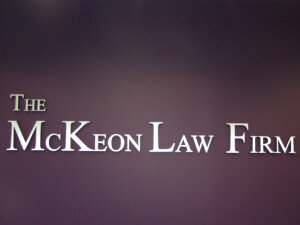Searching for hidden assets in a high asset divorce

Maryland is an equitable distribution state, which means that assets are distributed fairly – but not necessarily equally – in a divorce. While a businessman may not necessarily have to give up half of his business when his marriage ends, he might still stand to lose a large percentage of it. This can be disconcerting to an entrepreneur who has invested a lot of time and money into a company. He might turn to desperate measures to hide some of his profits from his soon-to-be ex so she can’t get a hold of it. However, this lack of disclosure can actually cause more harm than good.
While this tactic is common in a high asset divorce, it’s typically not legitimate. Plus, these hidden assets are almost always discovered eventually. A lawyer can use forensic accountants to uncover strategies that the spouse with the money may have used to protect the assets. These experts are highly skilled at locating these assets through title transfers and bank transactions, so it’s not worth the risks.
What exactly are the risks? Hiding assets delays the divorce and makes the process more costly. It also affects the person’s credibility – how can he be trusted if he is hiding assets? This can have a negative effect on the divorce and cause the judge to award even more assets to the other spouse. This lack of credibility can extend to the person’s business as well. A lack of trust can significantly affect a person’s career and future business prospects.
While a divorce can cause a person to panic and do irrational things, it’s ultimately not in anyone’s best interest to hide assets. Experts can and will find out, so the preferred way to deal with this situation is to be upfront and honest and prepare to negotiate a settlement.



